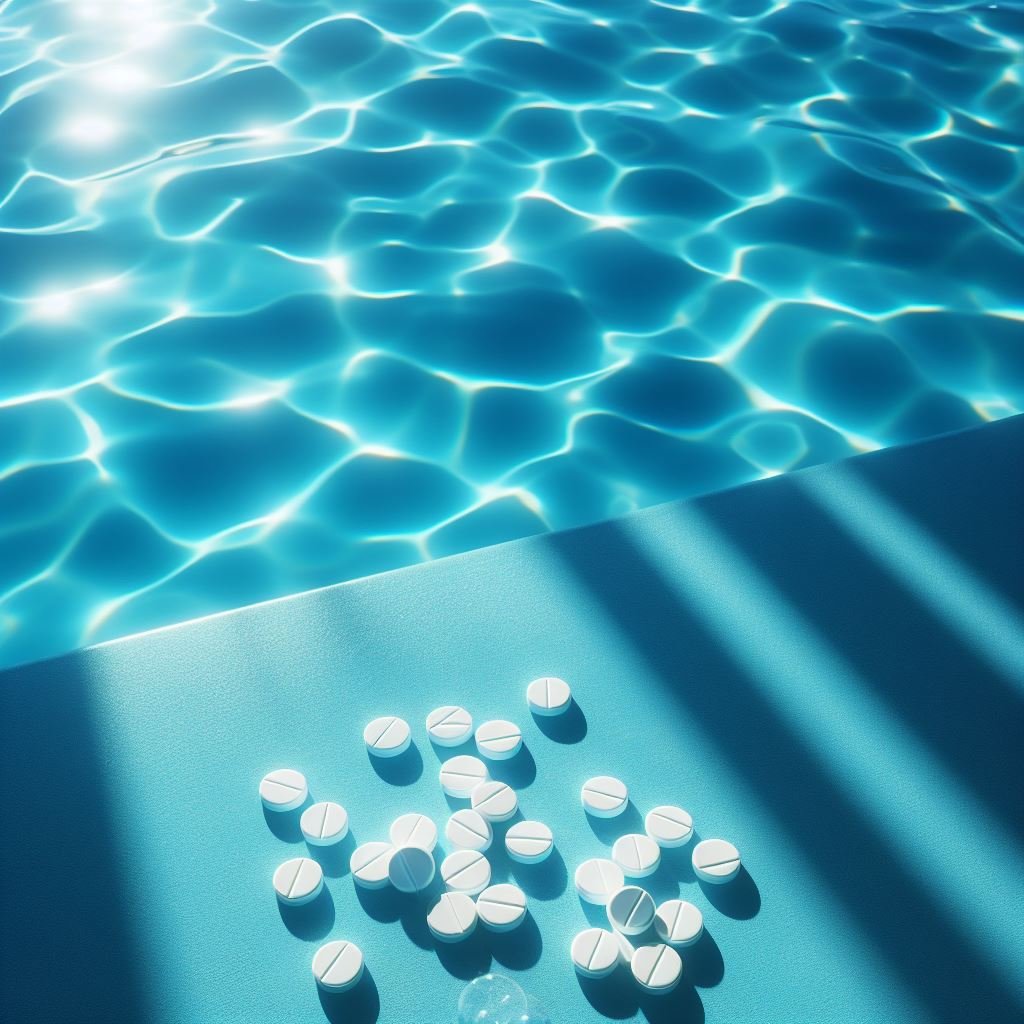Algaecide tablets are commonly used to prevent and control algae growth in swimming pools. These tablets usually contain active ingredients such as copper salts or quaternary ammonium compounds, which are effective at inhibiting algae growth. However, if algaecide tablets become damp, their effectiveness and safety may be compromised. This article will explore whether damp algaecide tablets can still be used and how to deal with this situation.

Impact of Dampness on Algaecide Tablets
Reduced Effectiveness: When exposed to moisture, the active ingredients in algaecide tablets may partially dissolve or undergo chemical changes, reducing their ability to suppress algae. This means that continued use might not achieve the desired algaecidal effects.
Altered Release Rate: Algaecide tablets are designed to dissolve slowly in water, ensuring continuous algae control. Dampness may alter the structure of the tablets, causing them to release active ingredients too quickly or unevenly in water, which not only affects their effectiveness but may also negatively impact the pool water quality.
Difficulty in Dosing: Since damp tablets may have lost some of their active ingredients, it becomes difficult to accurately calculate the required dosage. This can lead to underdosing or overdosing, both of which could compromise water quality and safety.
Can Damp Algaecide Tablets Still Be Used?
Although it is theoretically possible to attempt using damp algaecide tablets, due to the potential issues mentioned above, it is generally not recommended. Using damp tablets might not effectively control algae and could lead to water quality issues.
Recommended Handling Methods
Dispose of Damp Tablets: To ensure pool water quality and safety, it is advised to dispose of damp algaecide tablets. While this may seem wasteful, it is a safer and more cost-effective choice compared to the potential water quality issues and additional cleaning costs that could arise.
Proper Storage of New Tablets: To prevent future dampness of algaecide tablets, store them in a dry, cool place and ensure that the packaging is well-sealed. Consider using a moisture-proof container or a dehumidifier in the storage area.
Regularly Check Inventory: Regularly inspect your stock of algaecide tablets to ensure they are not damp and that the packaging is intact. This can help prevent similar issues in the future and ensure that your pool chemical treatments remain in optimal condition.
Conclusion
Damp algaecide tablets may lose some of their effectiveness, and continued use could lead to pool water quality issues. The proper course of action is to dispose of damp tablets and take appropriate storage measures to prevent new tablets from becoming damp. By following these steps, you can ensure the water quality and safety of your pool and effectively control algae growth.

 Instant
Quote
Instant
Quote Email
Us
Email
Us